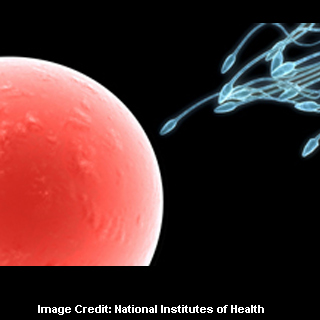
It is predicted that markers of ovarian aging like FSH or AMH are the leading cause of reproductive aging and can be employed while conducting fertility test. However, it remains controversial whether FSH pinpoints natural fertility (or infertility) within the general population. In the pilot phase of a project called Time to Conceive investigators thoroughly analyzed 100 women aged 30 and 45 who were possibly facing a risk of reproductive aging. Levels of the hormones estrogen, FSH, and AMH were measured immediately after the participants were off birth control.
Anne Z. Steiner, MD, MPH, assistant professor of obstetrics and gynecology at UNC and the lead author, explained, “That is not to say that these tests are useless, but they certainly warrant further investigation. Our findings may mean that we need to go back to the drawing board and change the potential cutoff for infertility in the current tests, or perhaps we need to explore other tests altogether.â€
Having employed a statistical model for adjusting intercourse patterns, experts aimed to see whether the hormone is associated with how long it took to get pregnant. It was concluded that people consuming more time in conceiving seem to be less fertile as compared to those who got pregnant very quickly. While recreating the conditions used in the current fertility tests, authors laid hands on a quarter of the supposedly infertile women with abnormal FSH levels.
On following the participants for a period six months women reported more difficulty in conceiving than the others. Though capable of revealing infertility, the test seems to require a cutoff. The sister hormone of FSH called as AMH may be strongly capable of anticipating fertility. But a drawback of testing this hormone is that it can be measured only in the blood and not the urine. Moreover, blood test calculating AMH has not yet been approved for clinical use. Further investigations will be triggered for determining whether AMH can be more accurate in the infertility test.
The study was presented on October 26, 2010 at the annual meeting of the American Society for Reproductive Medicine in Denver, Colorado.
